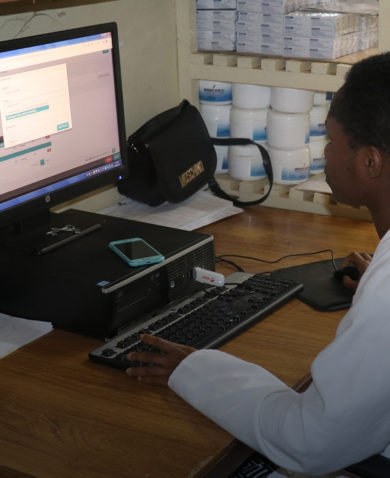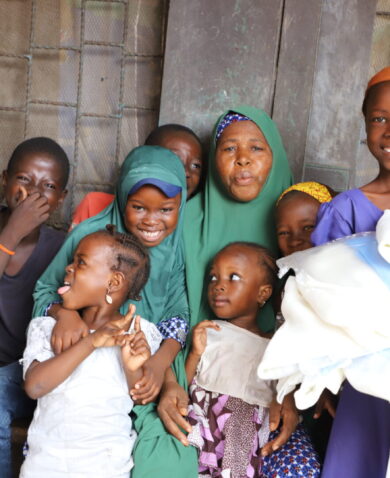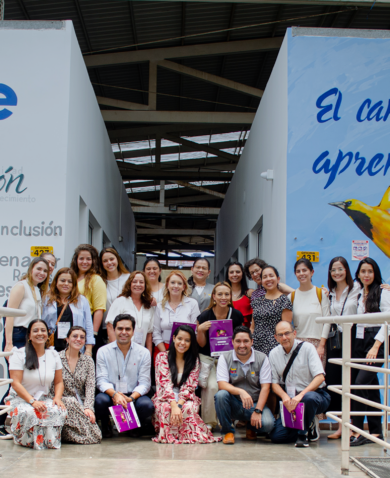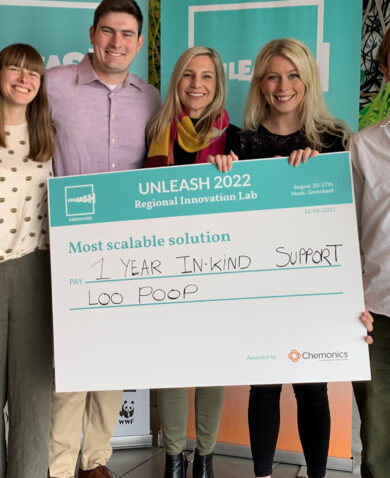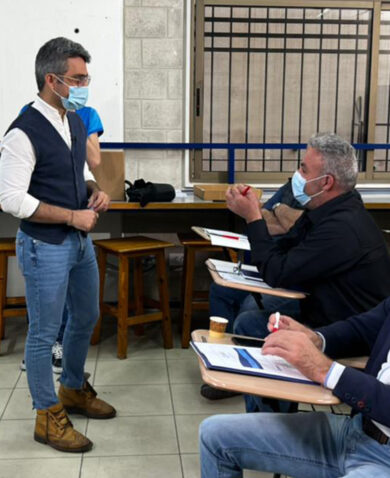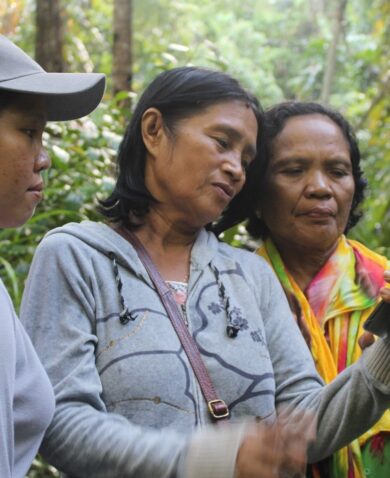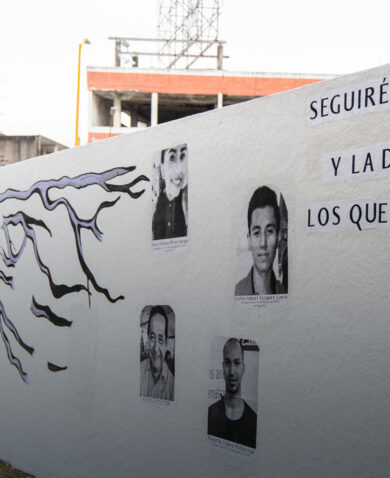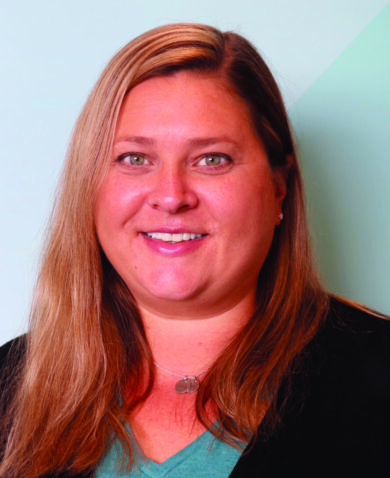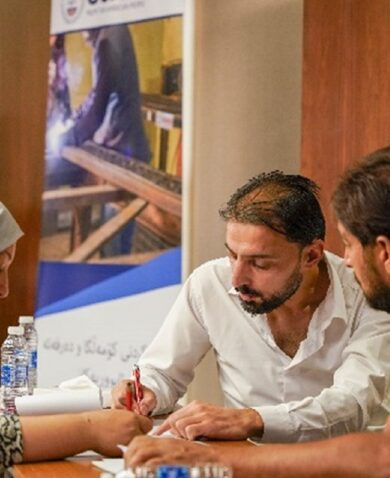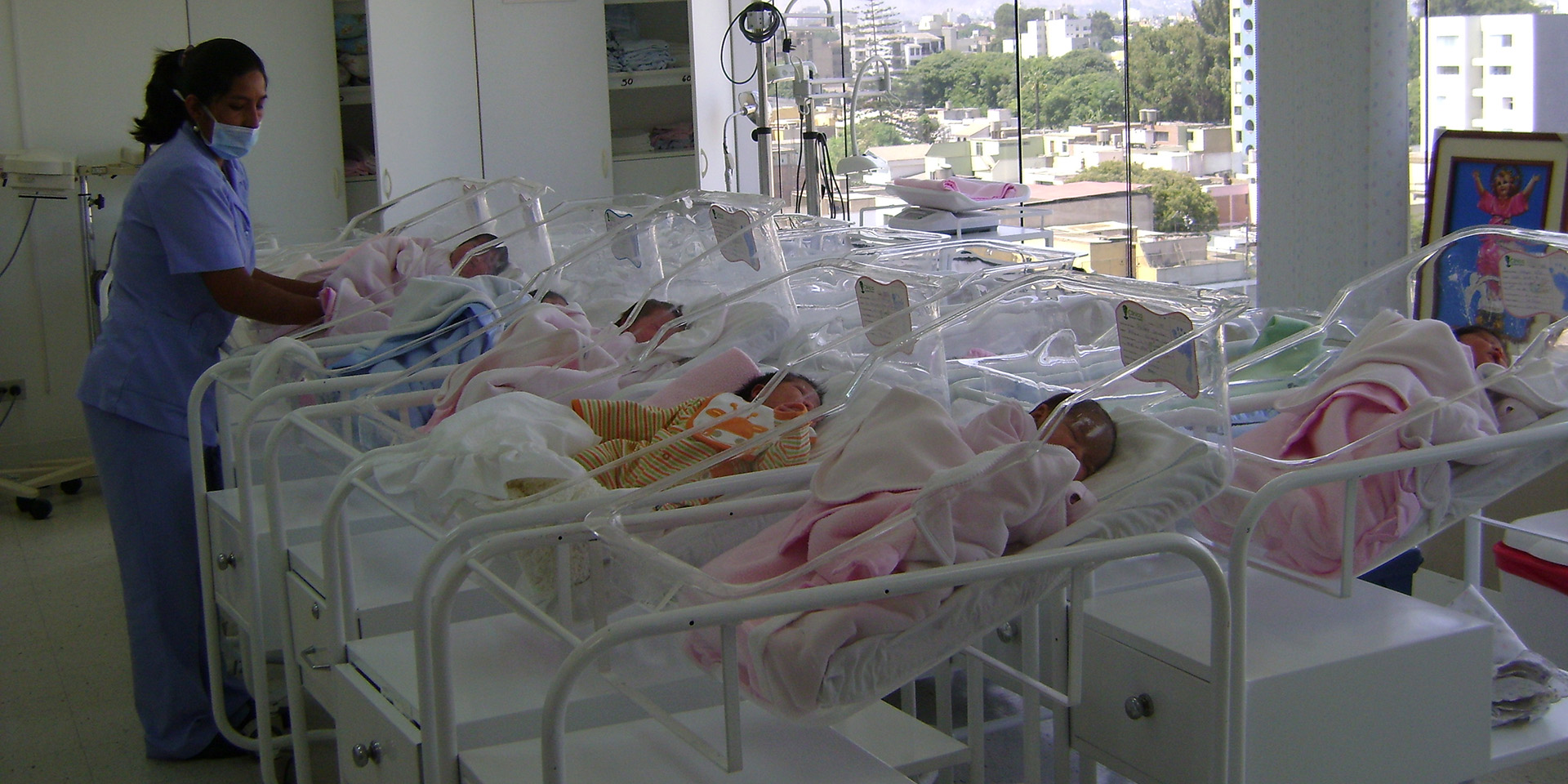
Are Complex Global Health Partnerships Worth It? In Peru, a Resounding “Yes.”
May 22, 2015 | 3 Minute ReadPartnerships were key to improving the quality of health service delivery in Peru, and other countries are now learning from their example.
This week at the World Health Assembly in Geneva, the Global Health Council, FSG and Chemonics hosted a session addressing the question: Are Complex Global Health Partnerships Worth It?
Before the audience got comfortable and the speakers took their seats at the front table, I noticed Peru’s Minister of Health, Dr. Anibal Veláquez Valdivia, had joined us, and felt a jolt of excitement. I had worked extensively on the Peru Quality Healthcare (QHC) program—a five-year initiative that emphasized partnerships in order to improve service delivery. Now, two years after that project closed, I wondered what the minister would say about the approach to partnering that the QHC program took.
My colleague, Dr. Oscar Cordon, was the first to speak. He talked about standardizing health care processes (through PIM, the Performance Improvement Methodology), the institutionalization of these processes through government, academia, and civil society alliances, and the development of national strategies and policies. He shared our results: consistent delivery of quality services, increased capacity of the health workforce, more local engagement, and improved health outcomes.
And he emphasized how none of this would have been possible without the collaboration, coordination, and commitment of all levels of the health care system—and trust. Trust, he said, had been built among and between the members of the QHC program team and the ministry of health. The ministry was fully engaged, and by the end of the program, they took over the entire process as their own.
Sound too good to be true? It might have been easy for Oscar to paint a better or more successful picture than what had really happened. After all, how often do these complex partnerships really work?
Again, I wondered about the minister, even as he stepped to the podium. But when Dr. Veláquez began to speak, he validated the good relationships that had been established and the success of working towards a common goal. In addition, he shared the news of the advances they had made since the program closed:
- The tools used in Performance Improvement Methodology (PIM) were adjusted and transferred to the Ministry of Development and Social Inclusion to design checklists for other social programs, including a) senior citizen welfare b) social conditional cash transfers and c) the First 1000 Days nutrition program for children under 3 years.
- The checklist for assessments were incorporated into the National Survey of Health Care Facilities. These will be conducted on an annual basis under the direction of the National Institute of Informatics and Statistics, meaning they are fully institutionalized at the national level.
- The experience achieved in Peru has allowed them to establish South-to-South collaboration and the minister himself has also provided technical assistance to the Ministry of Development in Guatemala. They have also shared their experience with other countries in the region and some of them are coming to visit and learn more about it.
This was news to me. As I translated for the minister, I knew I was smiling. When he said that they were providing technical assistance to other countries, sharing what we were able to do in Peru, I just had to stop and say, “wow!” in front of the entire auditorium. After I got over the embarrassment (and the minister stopped laughing), he concluded his remarks.
Dr. Veláquez had to leave shortly after, but all this week at the World Health Assembly, his words have stayed with me.
Now, when someone asks me, “are complex global health partnerships worth it?” I think about how Peru’s Ministry of Health owns performance improvement processes. I think about how it’s no longer a formula, but a mindset shared with the social security sector, the private sector, NGOs, and the community. I think about all the people that are getting better quality health care than they were before. Most importantly, I think about how working together for a common goal, creating a win-win situation, and treating one another with respect means anything is possible.
With no hesitation, I answer that question with a resounding “yes.”





